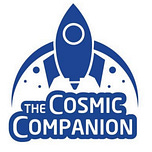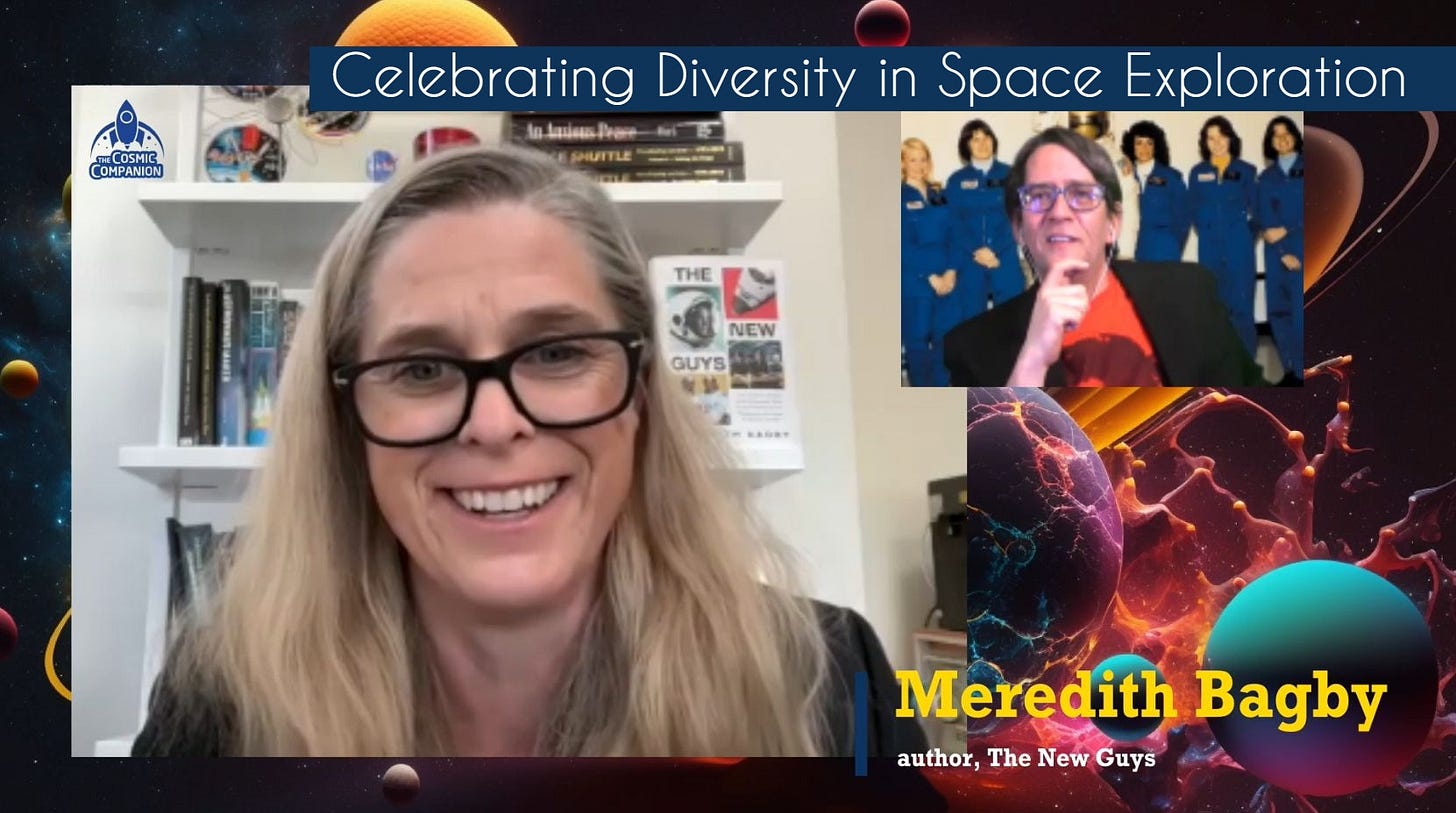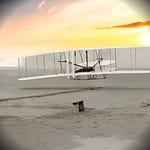Hello everyone!
This week on The Cosmic Companion, we are Celebrating Diversity in Space Exploration, looking at the history of inclusion in human explorations beyond our world — past, present, and future. Later in the show, we’ll be talking with Meredith Bagby, author of The New Guys, a look at NASA’s groundbreaking astronaut class of 1978.
The history of space exploration has been marked by numerous milestones, not only in terms of scientific and technological achievements but also in the inclusion and diversity of those who explore beyond our home world. Over the decades, space exploration has slowly evolved to include women, people of color, and LGBTQ+ individuals, paving the way for greater representation in the future.
NASA’s original class of astronauts from 1959, the Mercury Seven, were all Caucasian male jet pilots — not exactly representative of a melting pot of society. However, less well-known were the Mercury 13, a group of 13 women who underwent astronaut training in the early 1960s. Despite performing as well, if not better, than men at many rigorous physiological tests, NASA did not recognize these women as official astronaut trainees. Opposed by many politicians and media alike, no member of the Mercury 13 flew to space for 60 years until Wally Funk in 2021.
[Will we hear more about her later?] {Definitely!}
Meanwhile, in Soviet Russia, Valentina Tereshkova, a 26-year-old aviatrix and skydiver, became the first woman to travel beyond Earth in 1963. Piloting Vostok 6, Tereschkova orbited the Earth for almost three days. To this day, she remains the only woman to have ever flown a solo mission in space.
In 1983, Sally Ride entered the history books as the first American woman in orbit above our home world. Upon her death, Ride’s obituary named her life partner, a woman, making Ride the first known gay person to fly in space, although that aspect of her life was not made public at the time.
Also in 1983, Guy Bluford became the first person of African heritage to reach the final frontier, riding aboard the space shuttle Challenger. The year 1992 saw Mae Jemison became the first African American woman to travel beyond our home world. Ellison Onizuka made his mark as the first person of Asian heritage to journey away from Earth in 1985.
The power of seniors was affirmed in 2021 when former Mercury 13 member, 82-year-old Wally Funk, soared aboard a Blue Origin flight, briefly becoming the oldest person to reach the edge of space.
[Wow. Thanks. She’s awesome!] {Absolutely!}
However, Funk’s record was soon broken by 90-year-old William… Shatner… who traveled to… the boundary of space… months later… making him the… oldest person… to travel to… the… final frontier. SPOCK!!! These accomplishments highlight the power of seniors and their ability to break down barriers.
NASA’s legendary class of 1978 opened doors to women and people of color who wished to become astronauts. Next up, we talk with Meredith Bagby, author of The New Guys, a look at this historic astronaut class.
Encouraging diversity in space exploration is crucial, as it not only represents different groups of people but also brings diverse perspectives and experiences to future scientific and technological advancements.
Creating a microcosm of society in space presents an opportunity to set an example of what an inclusive society can look like, promoting acceptance of all people and showcasing that people from diverse backgrounds can work together to achieve great things.
We, as a species, now have an opportunity we have not been offered in thousands of years. As we continue to explore and potentially live on other planets, we have the opportunity to create new societies from scratch. We can learn from past mistakes, design environmentally-friendly cities, and build a more equitable and just society that values all people.
Next week on The Cosmic Companion, we will be… on vacation. Yup. You heard me right. Va-ca-tion. But we’ll be back on 25 March when we ponder one of the great mysteries of the Universe — What is Life? We’ll talk with Robert Temple, author of A New Science of Heaven. Make sure to join us then!
If you enjoyed this episode of The Cosmic Companion, please subscribe, follow, and share our show. You can also help support us with a visit to TheCosmicCompanion.net/support.
Sign up for our newsletter at TheCosmicCompanion.com and never miss an episode!
Clear skies!
James












Share this post